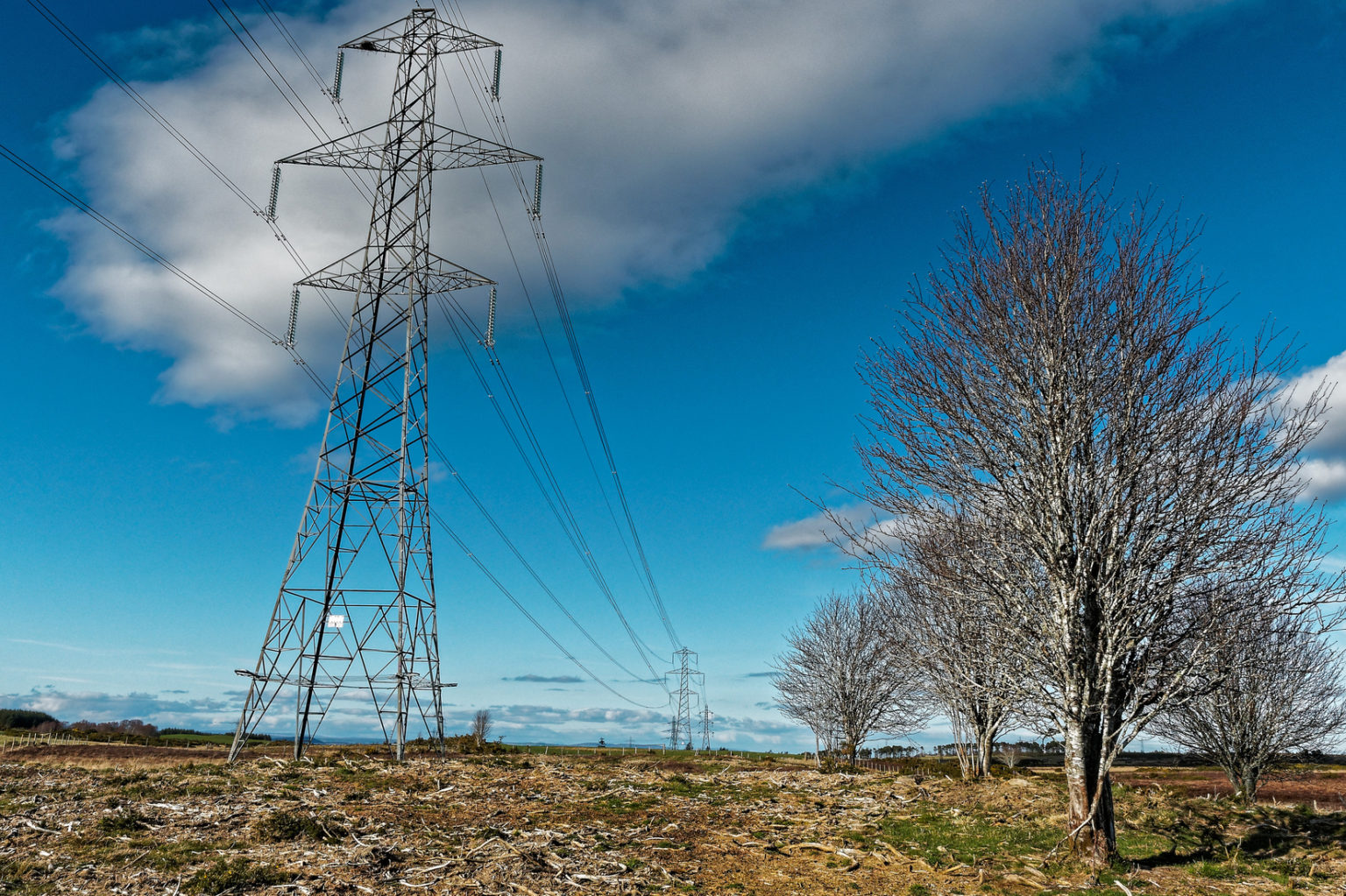Consumers are likely to pay the price for the UK leaving the EU’s internal energy market, experts warned on Wednesday.
Brexit has opened the door to huge uncertainties over the security of the UK’s energy supply, with details of a final deal dependent on political will on both sides of the divide, they said.
Theresa May triggered Article 50 to officially start the UK’s divorce from the EU at the end of last month, yet the future of key policy areas seems as hazy now as it was before the referendum took place.
Energy is unlikely to be at the top of May’s agenda when it comes to negotiation priorities, but it remains a key issue as the UK is heavily dependent on energy imports from the EU. In 2016, 35.6 percent of the UK’s energy was imported fuels, according to Vivid Economics.
Speaking at an event in London on 5 April, a panel of energy experts discussed the challenges the UK will face over its energy supply in a post-Brexit era.
By leaving the EU, the UK is likely to exit from the union’s internal energy market. This would not prevent energy trade deals later being struck with EU countries but it is bound to drive up costs and to make energy trading less efficient.
Munir Hassan, head of clean energy at law firm CMS Cameron McKenna, said that while the UK doesn’t have to leave the internal energy market, retaining access to it “requires a political position that does not seem realistic at the moment”.
The issue is complicated by existing infrastructure.
The UK shares a number of undersea transmission cables with the EU, known as interconnectors, that allows electricity to flow from one country to another.
Antony Froggatt, Senior Researcher Fellow at Chatham House, said that despite Brexit, electricity trade between the UK and the EU was expected to grow from four gigawatts now to at least 14 gigawatts within a decade. Imported electricity is also expected to make up to 20 per cent of UK supply by 2024, according to the Energy and Climate Intelligence Unit.
The EU is currently working to make its energy system more efficient by rolling out automated day to day power trading between countries. As interconnectors already exist between the UK and the continent, questions have been raised over the role of the UK in this new system.
“The interconnectors play an important role in energy security. Can we use these interconnectors for imports and exports – conditions to make our system more efficient – that is the question,” said Froggatt.
Hassan likewise said that UK energy trading with the continent will continue but “the question is how effective will it be”.
At the same time as the event taking place in London, MEPs in Strasbourg were debating a resolution about the European Parliament’s key concerns and goals over the Brexit process.
A draft resolution of the text insists that Brussels would not start negotiating “transitional arrangements” until “good progress has been made on the withdrawal agreement”, making sector specific concessions less likely.
But Froggatt argued that although there was little sign of willpower to allow an energy trading deal now, this could change further down the line.
“I wonder if there won’t be a change of political will. This would be an opportunity for the UK to play a constructive role with neighbouring countries and to frame a wider energy security network,” he said.
Consumer Costs
All members of the panel also said Brexit is likely to increase costs for consumers.
It is very hard to know exactly how much Brexit will cost the UK since much of it will depend on what kind of trade deal and exemptions the government manages to negotiate with the EU.
DeSmog UK previously reported that since 2000 the UK has received around £40 billion from the EU in funding and loans to support various energy projects and research.
Michael Grubb, Professor of International Energy and Climate Change Policy at UCL, said: “The UK is notorious for having lots of liquefied natural gas (LNGs) and the UK is unique for having very little storage capacity. So the UK energy market won’t be less secure, but it will be more expensive to keep it secure.
“In short view, I don’t see anything much changing expect from the exchange rate. Because we rely on energy imports, it will drive up energy prices – that is unavoidable.
“We live in an increasingly interconnected world, and while the UK may be an island, we can’t be an energy island. Maintaining and building on energy linkages is essential for our future prosperity. But this is complex – and the sooner we begin talking, the better the chances of reaching a sensible conclusion,” he said.
Grubb also pointed out that “heightened uncertainty” over energy supply and security would also have a “substantive impact on investments”.
He was echoed by Hassan, who said that the UK would “have to provide for home grown [energy] capacity and that investment costs will all go to customers”.
Main image credit: Valenta via geograph.org.uk CC BY–SA
Subscribe to our newsletter
Stay up to date with DeSmog news and alerts






